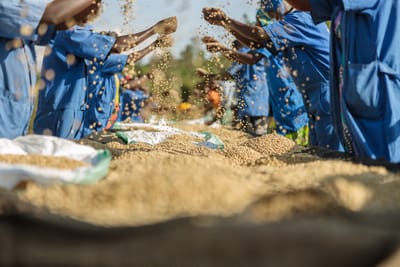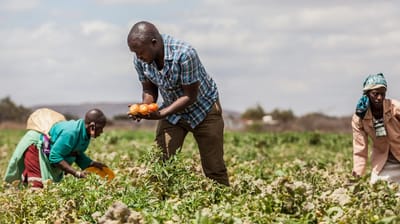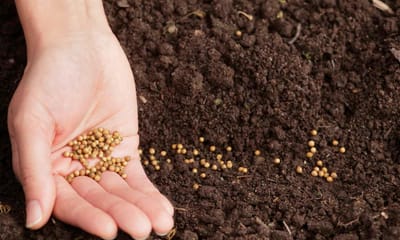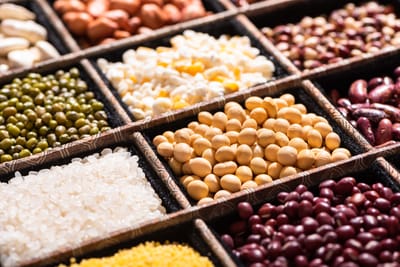ALL AGRI #Africa Agriculture News
With geopolitical developments shaping the world, Africa is expectedly changing with the times. It has gone far, particularly with Russia, opened new directions in bilateral economic cooperation after their joint historic summits. It is also time to make a critical appraisals of Russia’s policy towards Africa. By next year 2026, Russia’s strategic plan to ensure and support food security may fade away its its policy mainstream. First and second summits witnessed agreements and declarations signed to tectonic applause with an unwavering decision characterized by increasing food and agricultural products including grains and chicken meat across Africa.
Read MoreAgriculture accounts for roughly a third of Africa’s GDP and provides a livelihood to more than half the continent’s workforce. Yet for millions of African farmers working the land, the promise of prosperity remains elusive due to stubbornly low crop yields. Nowhere is this challenge more apparent than in cereal farming, which includes the cultivation of key commodities like wheat, rice, maize, barley, oats, rye, millet, sorghum, buckwheat, and mixed grains. According to the Food and Agriculture Organization of the UN (FAO), cereal yields in Africa trail the rest of the world by a notably wide margin. In 2023, the continent’s cereal yields stood at 1.7 tonnes per hectare, which is less than half the global average of 4.24. By contrast, Asia achieved cereal yields per hectare of 4.46 tonnes, behind Europe (4.53), South America (4.69) and North America (6.78).
Read MoreAGRA has been working on seed systems for 20 years developing robust seed business and enabling better policies that support advanced seed systems. AGRA’s impact on Africa’s seed systems is enormous through a significant contribution to the release of 688 crop varieties released and the strengthening of 114 African seed companies. Together with the empowerment of 38,000 Agro dealers, this is supporting 33 million farmers to access high yielding seed.
Read MoreApril–May 2025, Nairobi / Addis Ababa / Lagos — Africa’s pulses sector is set for measured but steady growth over the next decade, with market volume expected to reach 29 million tonnes by 2035. According to the latest the market will grow at a compound annual growth rate (CAGR) of approximately 1.8% in volume and about 2.5% in value.
Read More


